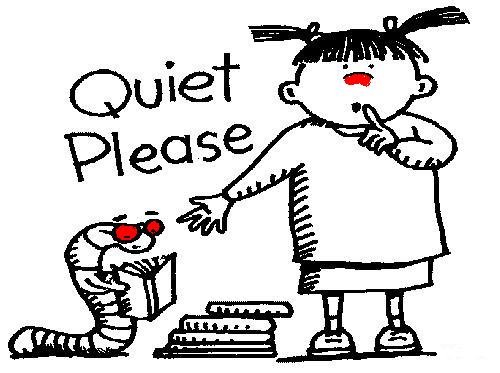Comparison with exceptional forms: 1 This road is _____________ than the one we took before (bad).
2 That plane was the _______________ (latest/last) model before the factory was closed down.
3 Where is the _______________ (nearest/next) supermarket? I am in a hurry.
4 At dinner I had to sit _______________ (next/nearest) to Aunt Emily.
5 What is the _____________ way to the doctor's? - Take the __________ street on the right and go straight on (next/nearest).
6 Any ______________ (farther/further) questions?
7 Joe is my _____________ (older/elder) brother.
8 At the doctor's: Who's ______________ (nearest/next)?
9 It cost _______________ (little) money that I had expected.
10 Hope for the ___________ (good) and prepare for the __________________ (bad).
11 The postman came _______________ (latter/later) than usual.
12 This is the _______________ (latest/last) news.
13 The patient slept badly; ____________ (bad) than the night before.
14 This is his ________________ novel; we hope it won't be his ________ (last/latest)
15 Who has got the ________________ (few) mistakes?
16 By car it is two miles to Windsor. By train it is ________________ (farther/further).
17 I met her _______________ (last/latest) night at the party.
18 I feel really ill. Can you show me the ___________ (next/nearest) way to the doctor's?
19 For __________________ (further/farther) information ask at the office.
20 What is the ____________ (last/latest) fashion in dresses?
Adverb - Adjective1 She explained everything ___________________ (friendly).
2 Smoking is __________________ (real)__________ (bad) for your health.
3 This is a ______________ (useful) and ______________ (easy) exercise. I hope you can ______________ (easy) fill in the ______________ (correct) forms.
4 Some farmers keep their cows in _________________ (extreme) __________(small) spaces.
5 Terrie is a ______________ (pretty) girl. She also sings _________ (pretty).
6 The teacher seems to be ________________ (angry). I heard him shout ________ (loud)
7 It is ____________ (terrible) ____________ (cold) today.
8 Put the _______ (fresh) vegetables in the fridge, please.
9 The sausage looks _________ (good) but does not smell ___________ (nice)
10 The students are _______ (real)_________ (good) and they work _________ (extreme)
____________ (hard).
11 Do you feel _____________ (happy) at school?
12 Your story sounds _____________ (strange). Is it really _____ (true)?
13 When the burglar heard the voice, he turned round _____________ (quick) and looked ______________ (angry) at the policeman.
14 This is an _________________ (extreme) ____________ (fast) car.
15 Lots of people were __________________ (bad) hurt in the accident.
must - have to/ need not - don't have to1 Er musste nicht lernen.
2 Musst du lernen? (mit "do")
3 Musstest du lernen?
4 Ich musste nicht lernen.
5 Ich werde nicht lernen müssen.
6 Er musste lernen.
7 Werden wir lernen müssen?
8 Muss er lernen? (mit "does")
9 Wir müssen nicht lernen (2 forms)
10 Wir müssen lernen.
11 Wird sie lernen müssen?
12 Werde ich lernen müssen?
13 Ihr musstest nicht lernen.
14 Ihr müsst nicht lernen.
15 Du wirst nicht lernen müssen.
16 Wir werden lernen müssen.
17 Müssen sie lernen?
18 Ihr musstet nicht lernen.
19 Du musst lernen.
20 Ich musste lernen.
Key:
Comparison/Adverb-Adjective/must - need not
 Easter is an important festival for the Christians. The week before Easter is called the Holy Week (Karwoche).
Easter is an important festival for the Christians. The week before Easter is called the Holy Week (Karwoche). Children in Austria and Germany believe in the Easter Bunny.
Children in Austria and Germany believe in the Easter Bunny.





